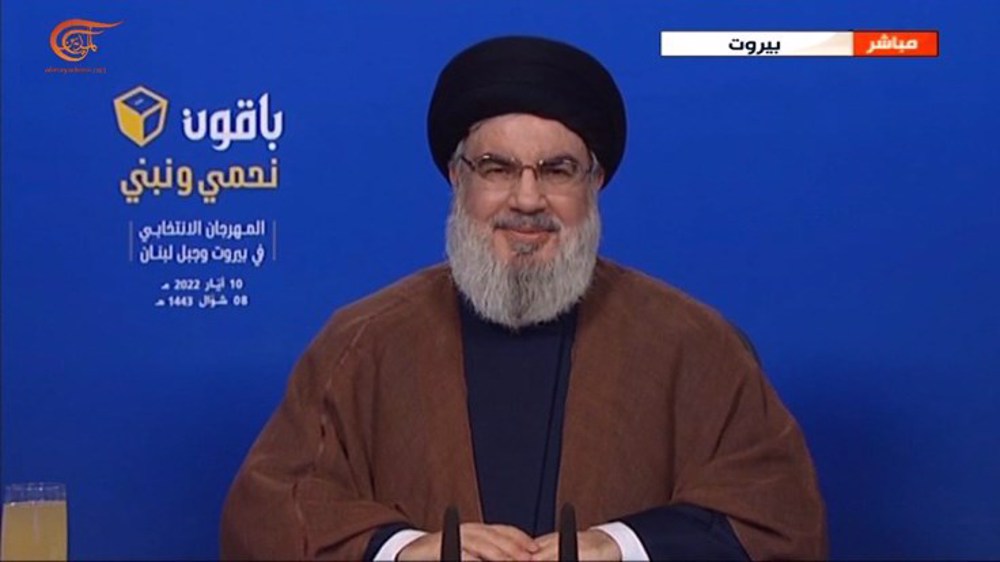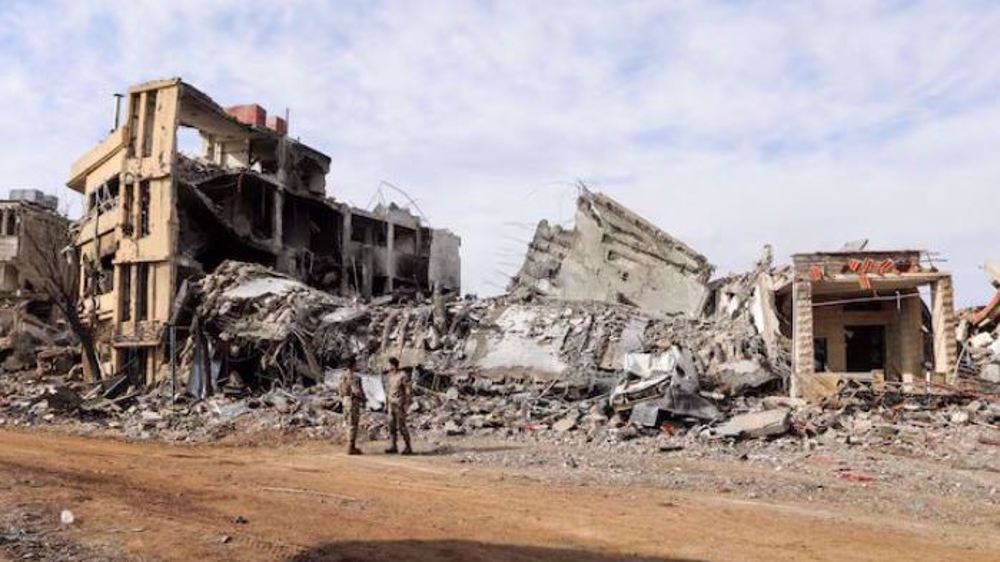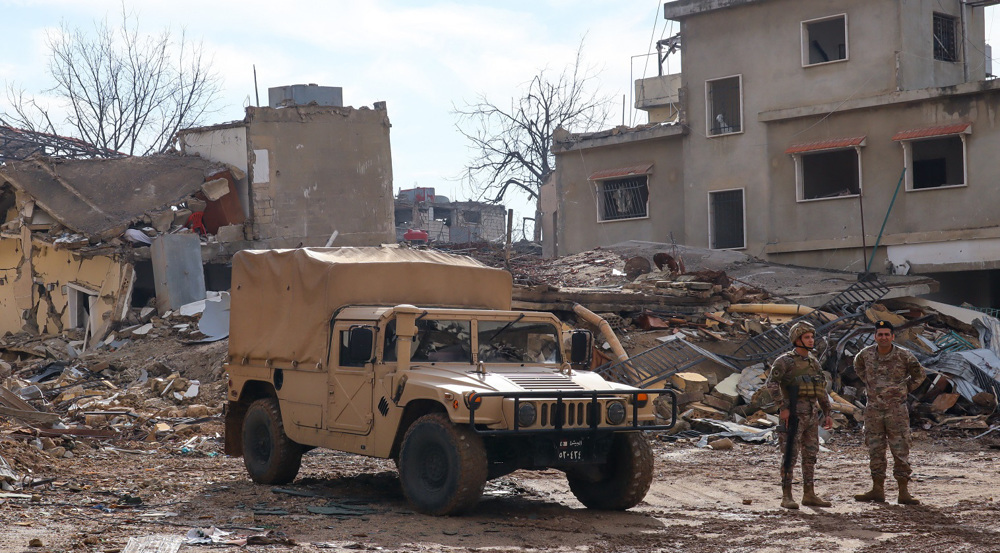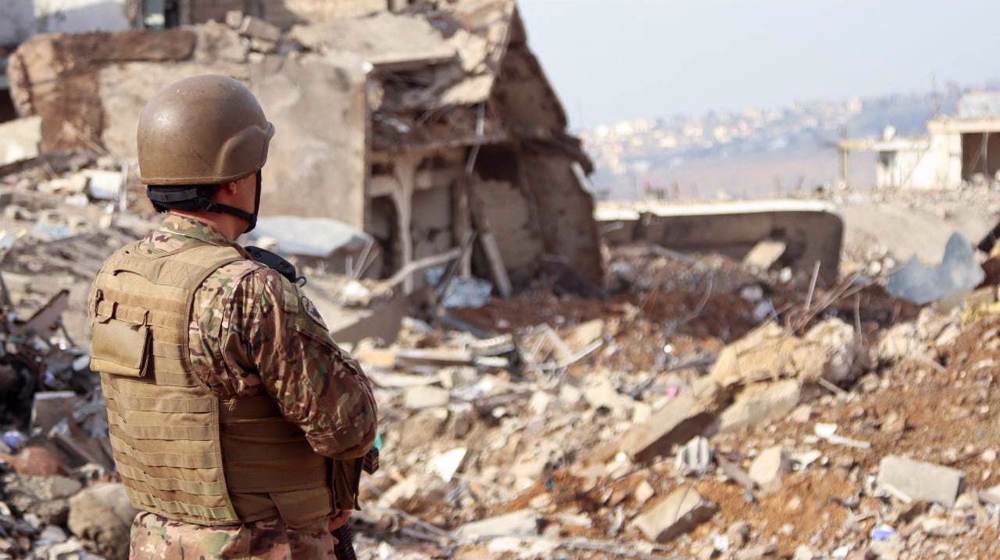Polls close, vote counting starts in Lebanon's key parliamentary elections amid economic crisis
Polls have closed and vote counting started in Lebanon's parliamentary elections, which many hope could set the stage for a recovery from economic woes fueled by US-led sanctions on the country.
Polling stations opened at 7:00 a.m. local time (0400 GMT) across 15 electoral districts on Sunday, with nearly four million people eligible to vote and 718 candidates competing to win 128 parliamentary seats.
The vote came as the country has been rocked by an economic meltdown that the World Bank has blamed on the ruling class and the 2020 devastating port blast in the capital, Beirut.
The economic crisis, which began in 2019, led to a currency collapse of some 95 percent and the plunging of more than 80 percent of the Lebanese population into poverty.
Lebanon’s parliament is equally divided between Christians and Muslims.
The last vote in 2018 saw Lebanon’s Hezbollah resistance movement and its allies, the Christian Free Patriotic Movement (FPM) of President Michel Aoun and the Shia Amal party of Speaker Nabih Berri, secure a majority by winning 71 of the parliament's seats.
The absence of former Prime Minister Saad Hariri has left a vacuum for Sunni votes, which both Hezbollah allies and opponents are seeking to fill.
Hezbollah has said it expects few changes to the make-up of the current parliament, though its opponents, including the Saudi-aligned Lebanese Forces party, say they are hoping to scoop up seats from the FPM.
On the eve of the parliamentary elections, the Lebanese president earnestly called on the public to voice their grievances over the country’s economic hardships at the ballot boxes.
"The ballot box revolution is the cleanest and most honest revolution. Revolt against everyone who considers you a mere commodity! Revolt against political blackmail! Revolt against moral decadence and loss of values! Revolt against those who stole your money and deposits! Revolt against those who obstructed every step," Aoun said.
“It can protect the rest of your rights or expose the thieves! Revolt against those who incite and favor sedition and possibly civil war."
The economic and financial crisis in Lebanon is mostly linked to the sanctions that the United States and its allies have imposed on the country as well as foreign intervention in the Arab nation’s domestic affairs.
The final results of the parliamentary elections in Lebanon are expected to be announced on Monday, with the new legislature set to elect a new president after Aoun’s term ends in October.
HTS rulers name al-Qaeda operative as Syria's new spy chief
Iran voices concern about rising insecurity, violence in Syria
VIDEO | Karachi sit-in amplifies nationwide call for justice for Parachinar victims
Iran strongly condemns Israeli bombing of Yemen's civilian infrastructure
VIDEO | Press TV's news headlines
VIDEO | Israel and Iran’s Nuclear Facilities?
At least three killed as Israel bombs Sana'a airport, power plant
Palestinian children freeze to death amid Israeli carnage in Gaza










 This makes it easy to access the Press TV website
This makes it easy to access the Press TV website